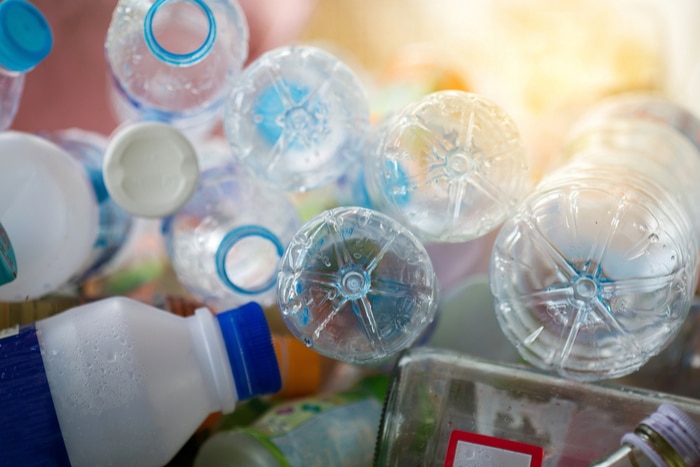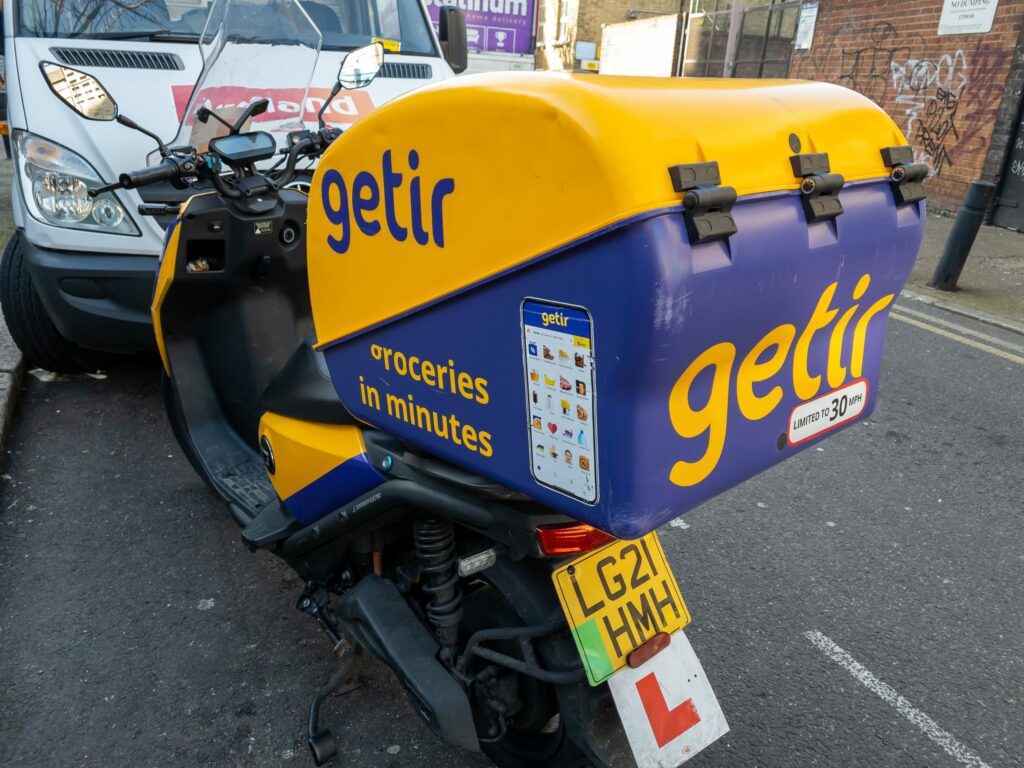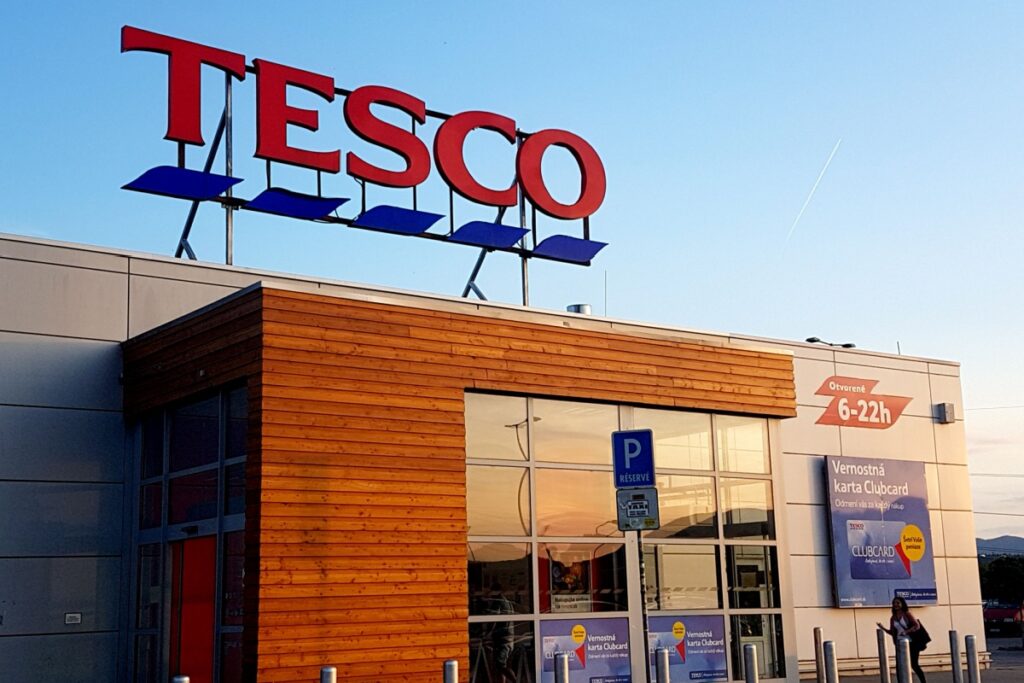Almost one third of plastic packaging used by UK grocery retailers is not widely recyclable, a leading consumer group has found.
Which? found that up to 29 per cent of supermarket packaging is likely to go to landfill as they are either not recyclable through through kerbside or retailer collection schemes, or they are just generally difficult to recycle.
As a result, Which? is now urging the government to make clear and simple recycling labelling compulsory.
The organisation’s investigation of 27 own-brand items at 10 major supermarkets found that Lidl had the lowest proportion of widely recyclable packaging at 71 per cent, followed by Iceland at 73 per cent, then Ocado at 74 per cent and Sainsbury’s at 75 per cent.
The best performer was Morrisons with easily recyclable packaging for 81 per cent of the products tested by Which?
Researchers said Morrisons packaged its chocolate cake in a widely recyclable plastic box, while Lidl’s cake came in mixed packaging made up of a non-recyclable film within a widely recyclable box with a non-recyclable window.
Meanwhile, Which? found there was a prevalence of non-recyclable packaging no matter which supermarket they came from, such as easy-peel oranges which were all sold in nets with plastic labels.
Easy peeler nets are not recyclable through kerbside collections nor supermarket recycling banks, and can cause breakdowns if they wrongly end up in a sorting plant.
A significant proportion of packaging – such as 10 per cent of Waitrose’s basket of goods – could only be recycled at supermarket collection points rather than at the kerbside.
However, Which? said this was not always clear on the labelling and just nine per cent of shoppers made the effort to always or often take packaging back to a supermarket to be recycled.
Which? added that they found “huge” inconsistencies within recycling labelling, with some items not labelled at all, and believed that some packaging marked as non-recyclable was recyclable at supermarket banks.
Other products had labels that were only visible once the food was unwrapped and therefore unhelpful to shoppers trying to make a considered choice in the supermarket aisle.
“Which? believes a lot more can be done to increase the amount of recyclable packaging and the way it is labelled so that consumers know what can be recycled and how to recycle it,” research director Nikki Stopford said.
“The plastic pollution crisis makes it more crucial than ever that the government, manufacturers and supermarkets do the best they can to banish plastic that cannot be recycled and promote the use of less damaging packaging.”
Lidl said: “We fully support the need to tackle the important issue of plastic waste which is why we recently launched our ambitious plastic reduction targets and have a task force in place who are dedicated to delivering these commitments.
“We are in the process of conducting a comprehensive review of our entire packaging footprint, and estimate that the vast majority of our packaging is widely recyclable under the industry standard OPRL (On Pack Recycling Labelling) scheme.
“We therefore do not believe that the small sample used in the report is representative or reflective of our full product range.”
Click here to sign up to Retail Gazette‘s free daily email newsletter
















